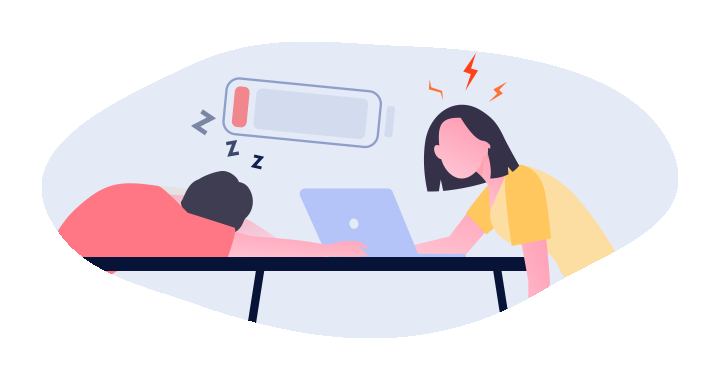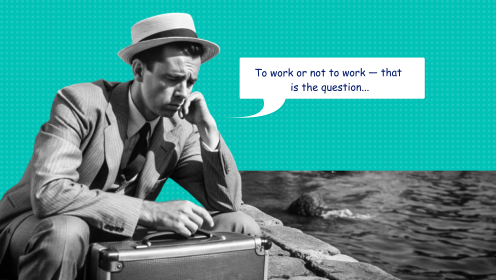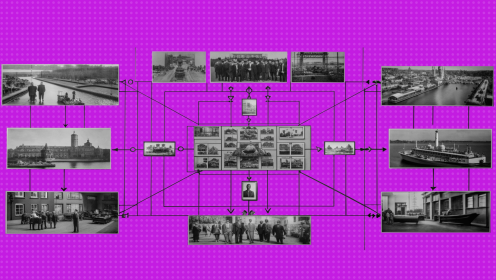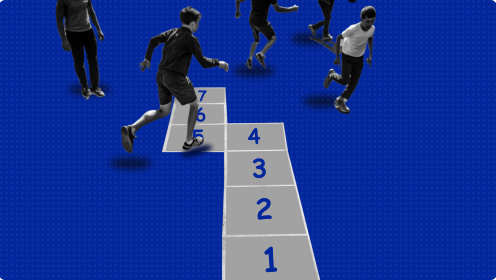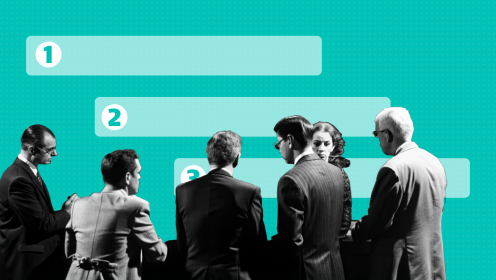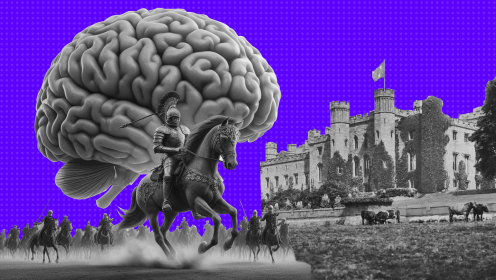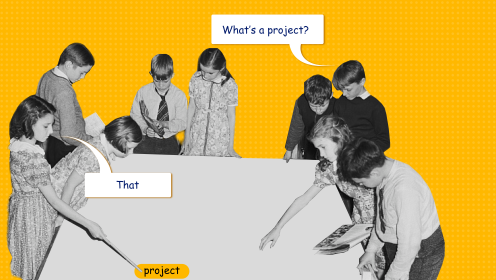To begin with, let's determine what it is in general.
Like normal fatigue, mental fatigue (aka psychological fatigue or mental fatigue) is a condition that is the result of strenuous or prolonged work. The only difference is that the brain gets tired here, not the body. Such fatigue is accompanied by a feeling that the brain can’t function properly, that it seems to be shrouded in a fog. Because of this, even simple tasks start to eat up a lot of time.
Remember when, at the end of a hard day's work, you reread the same paragraph over and over again, unable to understand what is written there at all. That's what it is.
Mental fatigue can be acute or chronic. Acute occurs, for example, at the end of that very hard working day and passes after a short rest. Such fatigue is normal. But if you ignore it, it can become chronic and lead to burnout.
What makes the brain tired
He has several reasons for this. Some of them relate to problems within the body, and others-directly to the work of the brain. The first can include poor nutrition, problems with sleep or hormones, and the second-the inability to manage your attention and poor planning skills, because of which you fill up the brain with too much work.
It is necessary, of course, to understand that fatigue, even mental, can have many purely medical reasons. Therefore, if you feel that the brain is suspiciously very tired for a long time, be sure to consult a doctor.
This cognitive overload can occur in two cases:
- or when you are focused on one task for a long time;
- or when you distribute your attention between a variety of tasks.
The worst part is that even if you are not currently engaged in a task, but just think about it, you also tire your brain.
Unfortunately, most of us work exactly as in the latter case-rushing between dozens of tasks, and at the end of the day feels that the head is no longer thinking. As I wrote in a note about multitasking, any switch between mental tasks consumes a lot of energy and loads the brain heavily. Just imagine that some chess player simultaneously thinks through his moves, analyzes the moves of the opponent, flips through Twitter, responds to messages in the Telegram, orders food and checks which route would be better to go back home to make it faster. Each mental task will reduce his cognitive abilities, and, in the end, it is unlikely that he will even win the game, let alone the rest.
How to prevent psychological fatigue
So, we have five potential causes of mental fatigue:
- poor nutrition,
- lack of sleep,
- problems with hormones,
- inability to manage your attention,
- poor planning skills.
In the case of hormones, you can hardly do anything on your own without going to the doctor (and it's definitely worth going to him if your brain gets tired suspiciously often), but with the rest-quite.
Let's go in order.
Food
When I think about the fact that I should lose a dozen or two pounds, I immediately come up with thoughts about proper nutrition. Because, obviously, the body and the organism as a whole will be in good condition only if I eat high-quality and healthy food. But when it comes to the brain, the connection between its work and nutrition no longer seems so obvious. But the fact is: the brain generally eats, as not in itself — for example, its work takes more than half of the glucose that is contained in the blood. In short, since the brain gets important substances from the same food as the muscles, what you eat directly affects your brain activity.
The first thing you should take care of is planning in advance what you will eat (and ideally also cook yourself — by and large this is the best way to eat properly). Because by the time you get hungry, you may not have the energy to come up with a healthy meal. And snacking on a chocolate bar "to recharge your brain" is a bad idea.

Be sure to reduce your consumption of refined sugar (this is pure sucrose - a very harmful thing), because, firstly, it can have a bad effect on the figure, and secondly, no Snickers will not recharge your brain, this is a myth. Sugar does not increase cognitive abilities even for a short time, but rather quickly increases fatigue.
In general, as I write this note, I realize how much advice on proper nutrition for reducing and maintaining adequate weight coincides with advice on nutrition for improving brain function. For example, have a good breakfast and drink more:
- rich in protein and complex carbohydrates, breakfast provides the body with such a charge of energy that you can easily stretch until lunch, working hard and productively;
- and the consumption of a large amount of water (yes, it is water, not tea, coffee, juice or lemonade) supports the brain.
Eat as often as possible, in small portions. For a snack, you should always keep unprocessed snacks nearby: nuts, whole-grain bread or crackers, fruit, etc. For example, I almost always have a drinking Activia and an apple for a conditional "afternoon snack".
Alas, even these useful tips can be useless for you — after all, all people are different. Therefore, listen to your body and pay attention to what exactly makes you feel best.
About physical exercises
But not with a single power supply. Inexplicably, but a fact: physical exercise does increase the level of energy in the body and improves brain function.
This is especially true for low-intensity exercises, such as walking or slow running — they give the body more energy than going to the gym. I try to walk at least 30 minutes a day, but they say that even 10 minutes at first can be enough. The main thing is to try to do the exercises at the same time, so that it becomes a habit. Well, the type of physical activity you need to choose one that you will like.
Sleep
With sleep, everything is quite funny. We have no idea what exactly its evolutionary advantage is (like us, only warm-blooded animals sleep). We only know that if we sleep, our body rests (the brain, too, although it does not stop its activity), and if we do not sleep, bad things happen.
Of course, I greatly simplify, and sleep is not so unambiguous — sometimes its presence helps, and sometimes, on the contrary, harms (for example, with depression). But these are all special cases, which I will probably just omit.
Your main task is to create comfortable conditions to improve the quality of sleep. To do this:
- Get rid of visual and audio stimuli. Triple-glazed windows, blackout curtains, and maybe even a sleep mask and earplugs will come in handy.
- Maintain the desired temperature in the room. You can ventilate before going to bed, or you can sleep with the window open (of course, in bad weather and in winter, you need to be careful with this). It is usually recommended to sleep at 18-22 degrees Celsius, but everyone has their own comfortable temperature, so try to adjust it to find the most suitable one. Sometimes you can do without opening the window — I put the pillow on the balcony for the whole day, so that later I can sleep on the cold one. In winter, it's especially cool.
Our internal rhythms are very much tied to lighting. When it gets dark, the epiphysis produces a lot of melanin, and pulls sleep. Bright light slows down the production of melanin, and you don't want to sleep anymore. Most of all, the synthesis of melanin is inhibited by blue light, so scientists recommend avoiding the blue part of the spectrum in the evenings. That means no TVs, computers, or phones before bedtime.

Also keep in mind that your internal clock is set for the time of waking up, not for the time of falling asleep. So if you want to sleep better, learn to wake up at the same time. Even if you stay up late.
And, of course, do not drink coffee after lunch, otherwise it will be difficult to fall asleep.
Attention management
As I wrote in one of the notes, the brain is a computer, and it has RAM — the part of the brain that solves most everyday tasks. It is impossible to increase the "RAM", but you can optimize the work with it — learn to manage your attention to reduce the energy consumption of the brain and the likelihood of developing mental fatigue. To do this:
- Keep as much information out of your head as possible. Write out all your thoughts on stickers, in a notebook, in a note-taking app, in a task manager or project management system-in general, anywhere, just to free up memory.
- Do one task at a time. Unlike a real computer, an ordinary person can't multitask. So think of your brain as an old computer that can only run one application at a time.
- Use the time lock. Divide your tasks into groups by type of activity and do them in certain time periods (so-called blocks). This way you will reduce the energy consumption for switching between multiple information contexts.
- Learn to say no. Every additional responsibility you take on increases the workload and your brain gets tired. Filter incoming information and don't be afraid to reject tasks.
Proper planning
Biorhythms are no joke. They are everywhere, at the macro and micro levels. And no matter how well you eat and how much you sleep, you will still feel the energy during the day is added, then somewhere goes. This is one of the types of biorhythms — ultradian rhythms (that is, rhythms lasting less than a day). By the way, the cyclicity of sleep phases is also ultradian rhythms. And, just like in a dream, while awake, this rhythm takes the form of 90-minute peaks with 20-minute dips.
You can't do anything with these rhythms, so the only way out is to adjust your plans to them. But first you will have to determine when they occur exactly in you (yes, everyone experiences ultradian rhythms, but at different times). To find patterns, set an alarm every 90 minutes and note how full of energy and focused you are.
With regard to ultradian rhythms, you can build a time lock (in one of the following materials, I will tell you more about it): when there is a lot of energy, do complex mental work, and when there is not enough — answer letters, and so on.
During the day, the peaks of ultradian rhythms will decrease (mental fatigue will remind you of itself, you will still not be able to completely get rid of it). But with the help of regular breaks you can "recharge" yourself a little.
As you can see, there are many ways to save energy, so that the head continues to think by the end of the working day. But even with all the tricks and life hacks, we are very limited creatures. Do not take on too much, learn to work in the rhythm of your body and the next time you catch yourself on the twelfth repetition of the same sentence, break away from work, rest and return to it with a fresh head.








